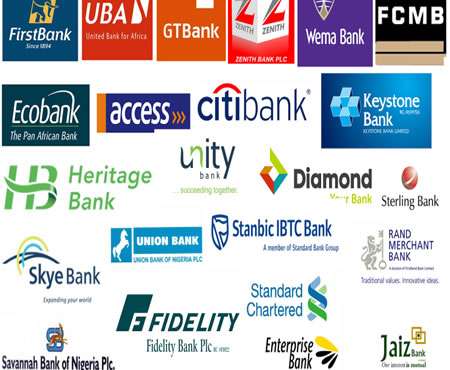FRESH facts have emerged that using financial services, chatbots, can help banks save up to $11 billion in human resources costs and save customers around four minutes per inquiry, directly adding value to customer satisfaction.
This is contained in a recent report tiled, ‘The Digital Evolution of Nigeria’s Banking Industry: Fintech, Chatbots and Contactless Payments,’ published by Phillips Consulting Limited (PCL).
According to the report, as many as 43 percent of banking customers prefer to resolve issues through a chatbot.
About 25 percent of commercial banks in Nigeria already have chatbots running on their digital platforms with more banks planning to enter the fray.
The report noted that the chatbot market is projected to grow over $994 million in 2023, indicating an annual gain of around $200 million from the previous year. This number is expected to reach $3 billion by the end of this decade with its current compound annual growth rate (CAGR) of about 22 percent, the PCL report further stated.
Chatbots are already heavily used by online retail and e-commerce stores, healthcare, real estate, b2b and b2c companies.
“Roughly 1.5 billion people are using chatbots worldwide, with chatbots expected to become the primary customer service channel for 25 percent of businesses,” the report stated.
Some of the self-service capabilities successfully incorporated into Nigeria’s banking system include self-registration, online account opening, bill payment, loan origination, insurance purchase, among others.
Operations that were once strictly carried out in the confines of banking halls can now be consummated in the comfort of living room sofas.
According to reports published on Statistica, Nigeria had 122.3 million bank customers in 2021, compared to 62.3 million in 2016. A separate study by ACI Worldwide in collaboration with GlobalData and the Centre for Economics and Business Research (CEBR) discovered that 64.7 percent of Nigerian consumers own and use a mobile wallet.
The PCL report also observed that BFSI (Banking, Financial Services and Insurance) industry holds a significant share of the chatbot market in utility. According to multiple sources, this was valued at $600 million in 2021 and is estimated to reach between $5 to $7 billion by 2030.
“Despite these giant strides our banking system has attained over the years, constantly building on major successes could sometimes be challenging. One of the biggest obstacles to the banking and financial services industry is the frequent policy changes that distort its stability.”
“A case in point is the recent currency redesign and cashless policy introduced by the CBN to limit the volume of cash in circulation, inadvertently forcing banks to deliver more value via digital channels. This policy has put more pressure on the existing payment infrastructure available to the banks, resulting in continued transaction failures.
“The volume of NIP transactions processed by NIBBS in January 2023 alone is 638 million, compared to the 438 million recorded within the same period in 2022.
“Daily, consumers have to adjust their choices based on the ability of the market to provide digital payment channels. In the scarcity of cash, retailers who accept PoS payments and bank transfers are more patronised than those who do not offer both. The open markets and the public transportation segments are arguably two of the worst hit by the cashless policy.
“This demography has relied heavily on liquid cash to transact smoothly and swiftly. While these sectors were strictly cash-dependent, available digital payment alternatives were considered less cost-effective. Supermarkets and ride-hailing services like Uber and Bolt fall under this category. Today, over 90 percent of consumers are forced to make payments using debit cards and online funds transfers,” the report read in part.
According to PCL, banks and fintech can expand their financial services portfolios to capture the unbanked and semi-banked. Players in the financial services industry must understand the need to scale up and scale out swiftly and seamlessly.
It further stated that this is the time to consider investing more in technology infrastructure and quality talents to help steady the tide.
Equipping employees with the right skills and digital tools, doubling down on digital marketing, and establishing robust digital infrastructure are likely crucial to success in the next normal it stated.
READ ALSO FROM NIGERIAN TRIBUNE






